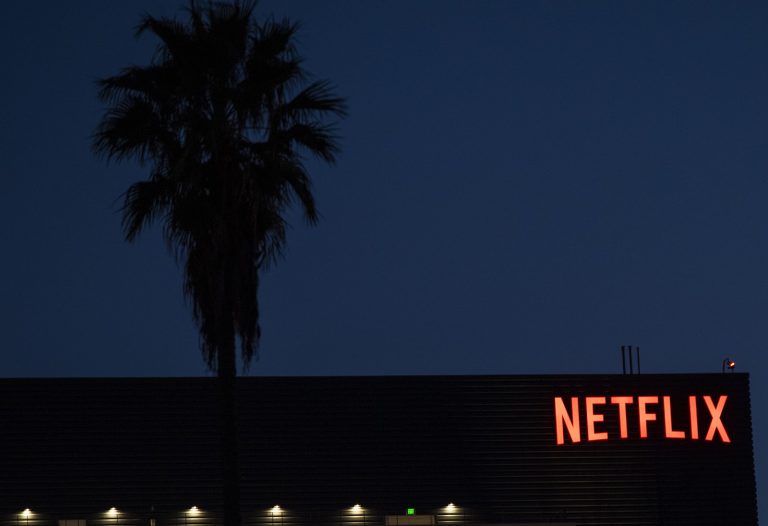Last year was the most cord-cutting, or customers canceling cable TV subscriptions, according to a Variety Intelligence Platform study. The number of paid cable TV subscribers at the end of 2020 was 78.4 million, which is 4.3 percent lower than 2019. In 2019, the number of subscribers had fallen by 3.1 million.
The latest numbers came as a surprise to experts. Most people were stuck at home during 2020 because of the CCP virus. A decline in cable TV subscriptions was unexpected. However, most of the subscription cancellations occurred in the first quarter of 2020 before the pandemic became a severe issue in the United States.
Almost 2.1 million people cut their subscriptions during this period. For the remaining three quarters, the cancelations averaged around 472,000 per quarter. This decline could be attributed to the 2020 presidential election that attracted immense nationwide interest. But according to an analysis by Digital TV Research, this does not appear to be the end of cable TV.
In the ten years between 2010 and 2020, cord-cutting has become a significant issue in the paid cable TV industry. Almost 27 million North American customers have veered towards newer platforms. Although the number of cancellations continues to fall, the rate is slowing down.
“The worst of the cord-cutting is over… Declines will be lower from 2021, falling by 16 million in total between 2020 and 2026. Only 5 million digital cable TV subscribers will be lost. Satellite TV will fall by 7.5 million and IPTV by 3.4 million subscribers,” Simon Murray, principal analyst at Digital TV Research, said in a statement.

Success
You are now signed up for our newsletter
Success
Check your email to complete sign up
The main reason why people are saying goodbye to paid TV is that these services are comparatively expensive. Monthly cable bills can quickly add up to $100. People don’t watch most of the channels that come in the package. When you add in pandemic-related budgetary restraints, it makes sense that consumers are choosing cheaper online streaming services. For instance, subscribing to Disney Plus, Netflix, and HBO Max will cost less than $40. Plus, you won’t be bothered by countless ads.
Paid cable TV vs. streaming services’ subscriptions
In contrast to the decline in paid cable TV, streaming services’ subscriptions have surged over the past year. An analysis by the Wall Street Journal and market research firms Harris X and MoffettNathanson discovered a massive 50 percent jump in U.S. subscribers for major streaming companies in 2020.
Netflix continues to dominate the market. However, newer services like Disney Plus and HBO Max are signing up subscribers at a good pace. Getting to 50 million American subscriptions will be a crucial factor determining which of these services will retain their domestic market.
Another key target would be 200 million global subscribers. However, international subscriptions usually bring in less revenue than U.S. subscribers.
For instance, Disney Plus costs $70 per year in the United States. But in India, which is another major market for Disney, the annual premium plan only costs $20 while the cheapest VIP plan is $5.50 per year.
One way streamers plan on boosting revenues from international subscriptions is by introducing ads like traditional TV programs.
“If you’re ad-supported, you have to be very big and very broad to be successful… You saw the power of TV advertising during the Super Bowl… All of these media companies were running commercials for their streaming services on television,” Starz CEO Jeff Hirsch told CNBC.
Follow us on Twitter or subscribe to our email list















